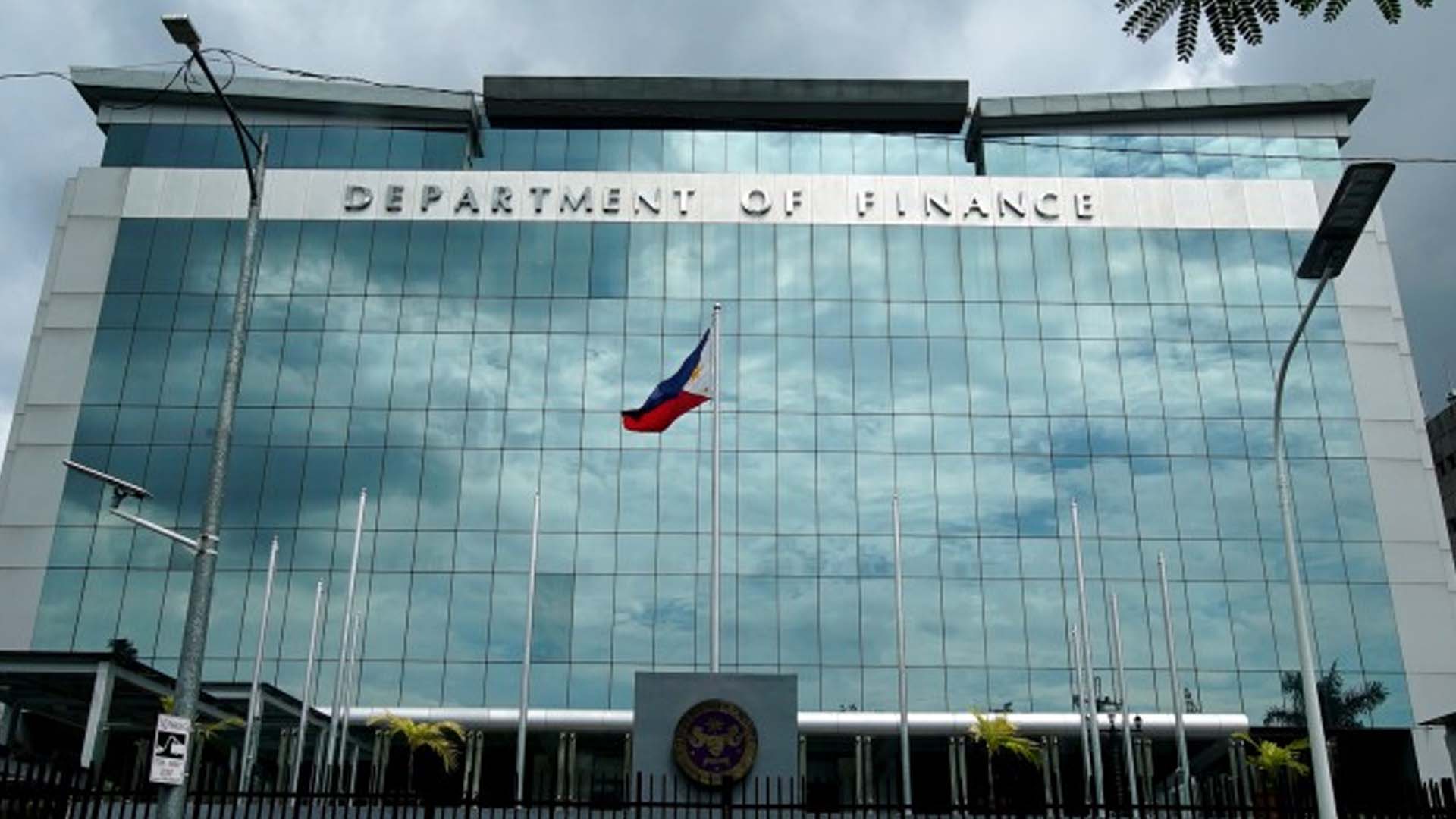The Department of Finance (DOF) said the Philippines became a member of the Organisation for Economic Cooperation and Development (OECD)/G20 Inclusive Framework on Base Erosion and Profit Shifting (BEPS) Inclusive Framework on Nov. 8, 2023.
In a statement on Thursday, the DOF said the country’s membership is part of the government’s commitment to upholding tax fairness, protecting the country’s tax base from aggressive tax avoidance schemes and promoting international tax cooperation.
The Inclusive Framework on BEPS is mandated to spearhead the effective implementation of the BEPS Project, including conducting peer reviews of the BEPS minimum standards, monitoring the other BEPS Actions and leading the ongoing standard-setting work.
It currently has 143 member jurisdictions and 14 observer organizations.
In a meeting with OECD Centre for Tax Policy and Administration Director Manal Corwin, Finance Secretary Benjamin Diokno presented the DOF’s letter of commitment stating the Philippines’ support for the implementation of the BEPS Action Plan and its interest in joining the Outcome Statement on the Two-Pillar Solution to Address the Tax Challenges Arising from the Digitalization of the Economy of July 11, 2023.
“The Philippines looks forward to the partnership that it will have with the OECD and the members of the Inclusive Framework on BEPS in ensuring tax fairness and transparency and pushing for international tax reforms that benefit all nations,” Diokno said.
The BEPS project is a coordinated response by the G20 countries to the aggressive tax planning employed by multinational enterprises that led to base erosion and profit shifting, which played a key role in the 2008 financial crisis.
Diokno said the Philippines intends to contribute to the discussions on international tax reforms.
“As a developing economy, it is essential that we ensure that the rules set are administratively feasible and secure equitable taxing rights,” he said. (PNA)







